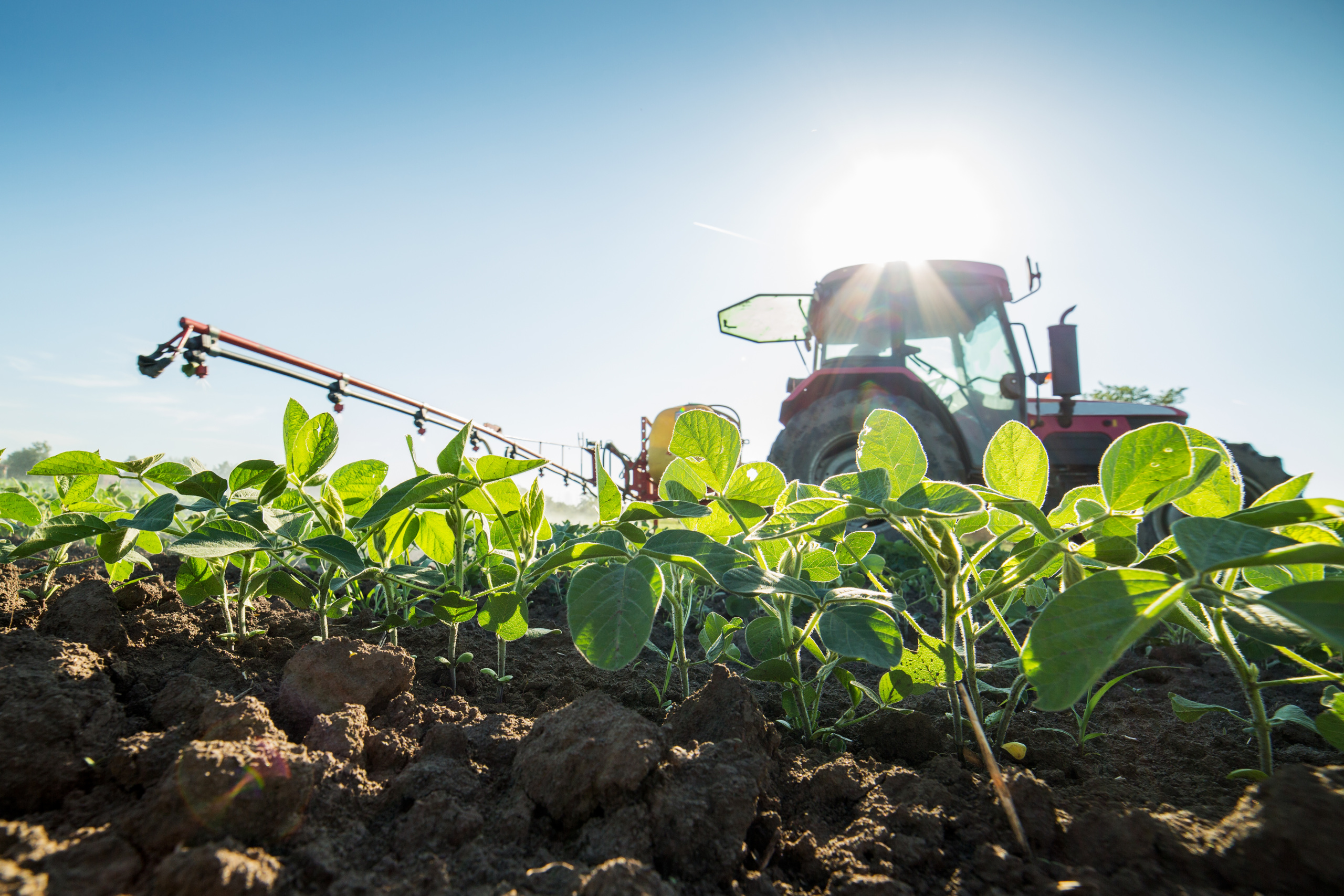As fall sets in and the summer growing season draws to a close, farmers are assessing more than just their annual crop yield. They’re also assessing the amount of damage from toxic, drifting pesticides, such as dicamba.
Dicamba is a weed killer that can drift for miles — staying in the air for up to 72 hours. When it drifts, it gets into the air we breathe and damages or destroys everything in its path — from home vegetable gardens to pollinator habitat. The only plants that can resist its effects are the genetically modified soybean and cotton plants that dicamba’s makers sell.
Clearly, this weed killer cannot be used safely.
Dicamba is a drifting danger
Each year, farmers file complaints of dicamba damage to their crops that happens when neighboring farms use the weed killer.
In 2021 alone, the EPA recorded 3,400 drift incidents across 1 million acres of crops in 27 states. More than 100 lawsuits are pending against the makers of dicamba, with farmers claiming that the companies knew how dangerous it was and hid those risks.
Yet little action has been taken to protect our farms.
Some states and the EPA have instituted restrictions on when dicamba can be used, and under what weather conditions. But the EPA reported last year that its restrictions did not result in less damage.
That should be a sign that it’s time to ban this toxic, drifting pesticide.
Dicamba has to go
Farmers shouldn’t have to worry about drifting pesticides damaging their crops.
The EPA is currently reconsidering whether farmers should be allowed to use dicamba. If the EPA hears from enough people, we could convince it to do the right thing and ban dicamba nationwide.
Speak up now: Call on the EPA to ban dicamba.
Danielle works to ensure our food system produces enough nutritious food to feed everyone, without threatening our health, the planet, or the ability of future generations to grow food. Danielle lives in Chicago, where she enjoys staying active in the outdoors, trying out new recipes, and writing short stories.
